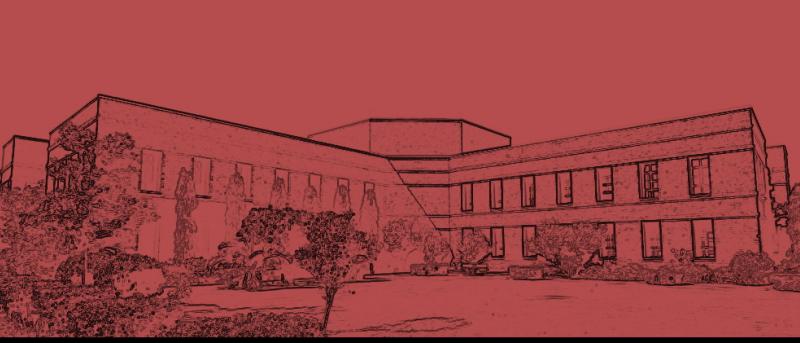
Saba Pirzadeh, Assistant Professor, Department of Humanities and Social Sciences at the Mushtaq Ahmad Gurmani School of Humanities and Social Sciences (MGSHSS) has published her article, titled “Topographies of Fear: War and Environmental Othering in Mirza Waheed’s The Collaborator and Nadeem Aslam’s The Blind Man’s Garden” in the December issue of Intervention: International Journal of Postcolonial Studies.
Dr. Pirzadeh teaches English and Environmental Literature at MGSHSS. She obtained her PhD in English from Purdue University on a Fulbright fellowship in 2016.
The article discusses war, discourse on which commonly depicts the people and the terrain of opponent countries as intrinsically dangerous or threatening in order to justify the indiscriminate destruction of that land and its people. Building upon this idea, Dr. Pirzadeh’s essay uses Waheed and Aslam’s novels to analyse environmental Othering, which refers to the war strategies of codification and transformation that Other landscapes into militarised zones. “Codification indicates reductive normalisation of land whereby its ecological complexity is erased and instead it gets produced as threatening and hostile space. This codification gives way to transformation, whereby the land is restructured into a site of containment for the subjugation of enemy factions, as seen in the aggressive transformation of natural spaces into deathscape (The Collaborator) and military bases (The Blind Man’s Garden),” she explains. She also shared that in tracing the implications of this phenomenon, her essay posits that environmental Othering fulfils militant utilitarian goals but, in doing so, acts as a threat multiplier for natural spaces by perpetuating epistemic shift, biotic rupture, and topographical cooptation for territories at war.
For details, click here.







